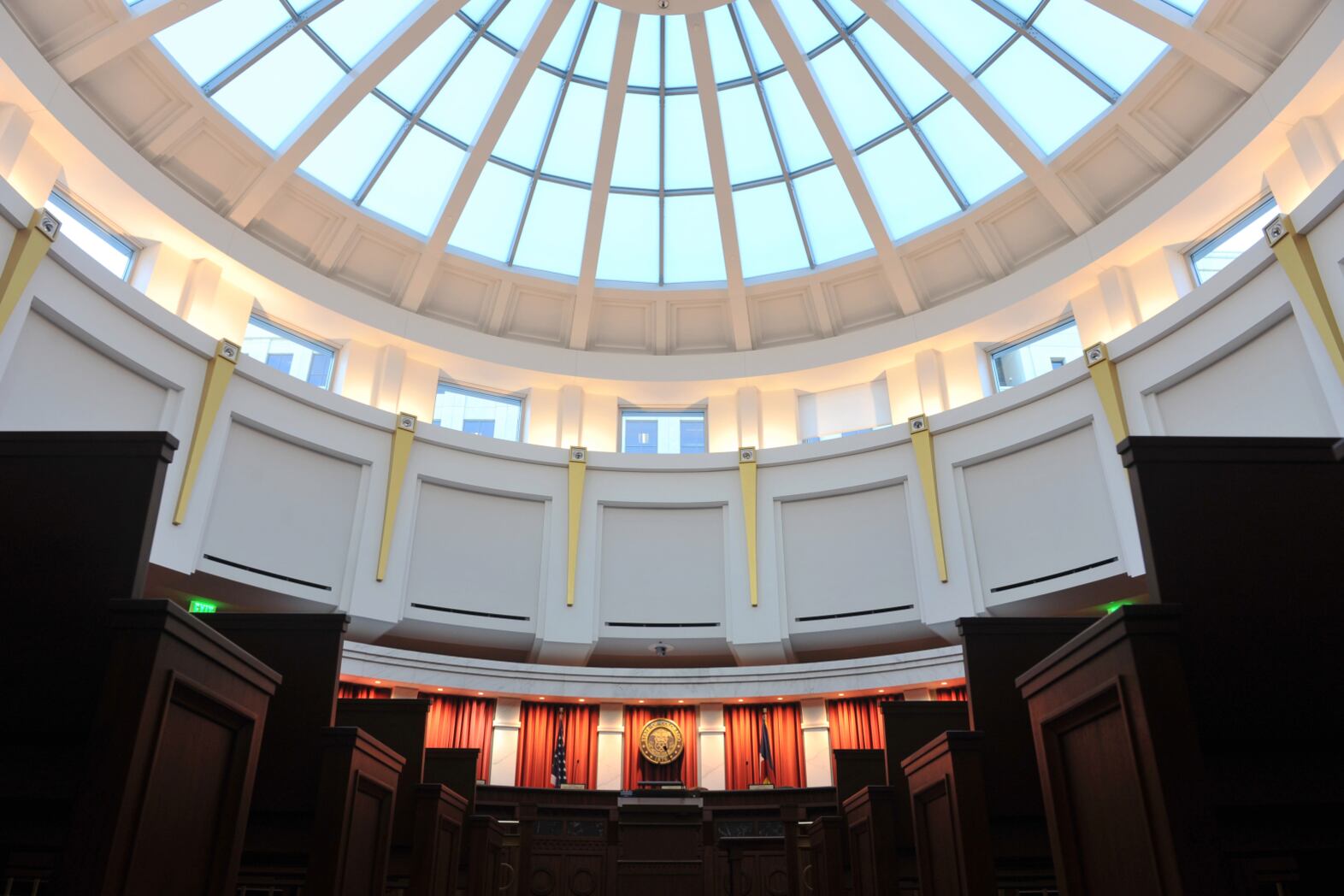The Colorado Supreme Court has agreed to hear a case that could determine whether the State Board of Education has the final word in directing low-performing school districts to improve or whether those districts can appeal state orders to the courts.
The case could determine the limits of local control and state authority within Colorado’s education system.
The Adams 14 school district sued the State Board of Education after it ordered the district to reorganize, possibly risking its autonomy. Now a state Supreme Court ruling, if it favored the district, could allow for legal recourse for school districts when they disagree with a State Board order.
The State Board had never before used its powers to order reorganization of a school district for persistent low performance.
In September, a Denver district court judge dismissed Adams 14’s lawsuit. The judge ruled, among other things, that school districts don’t have the right to request a judicial review of State Board of Education action under the state’s accountability law.
Adams 14 planned to appeal, but the state attorney general’s office and the district decided together to petition the state Supreme Court to hear the case, bypassing the court of appeals. The Supreme Court this week agreed to hear the case.
The state’s request argued that accountability issues will become more common.
“The questions carry great weight for public education,” the document states. “Several school districts aside from Adams 14 are on track to face directed action from the State Board, and pandemic-related learning loss will likely lead to more. As more accountability matters come before the State Board, it is of imperative public importance to determine whether school districts can sue to forestall the State Board’s directed actions for turning around struggling schools.”
Lawmakers this session were considering a bill that would give districts the right to appeal the State Board’s accountability orders. On Wednesday bill sponsor state Sen. Jessie Danielson, a Jefferson County Democrat, withdrew it to allow the Supreme Court to rule on the issue.
The district court’s ruling hinged on what lawyers call the Martin rule. It’s a judicial precedent that means a government agency cannot sue a state agency above it for doing its job, without state law or the constitution spelling out that right. The district court judge said the state’s accountability law does not give districts the right to appeal state orders.
Adams 14 lawyers have argued that the state constitution does explicitly give local school boards in Colorado authority that the State Board of Education cannot take away, such as it would by dissolving a district.
Joe Salazar, an attorney for Adams 14, has also told the State Board that elected local school board members are peers of State Board members, not subordinate to them.
The district court disagreed and said the school district is subordinate to the state. That is one of the four questions the Supreme Court will review.
The state Supreme Court recently had agreed to hear another case involving the Martin rule. In that case, the court of appeals ruled against Weld County commissioners suing the state’s Department of Public Health and Environment over air pollution rules for oil and gas sites.
In the request to the Supreme Court to hear the Adams 14 case, the state argued that the cases were similar but that the differences would give additional context for how the rule should be applied.
One difference is that in the education case, the state constitution grants both the State Board and local school boards some measure of authority, meaning, “the General Assembly must balance those entities’ powers in a manner that does not ‘clearly impede the capacity of either.’”
The state and the district have more than three months to file documents laying out their case. After that, the court will schedule a hearing.
Read the request for the Supreme Court consideration here:
Yesenia Robles is a reporter for Chalkbeat Colorado covering K-12 school districts and multilingual education. Contact Yesenia at yrobles@chalkbeat.org.







